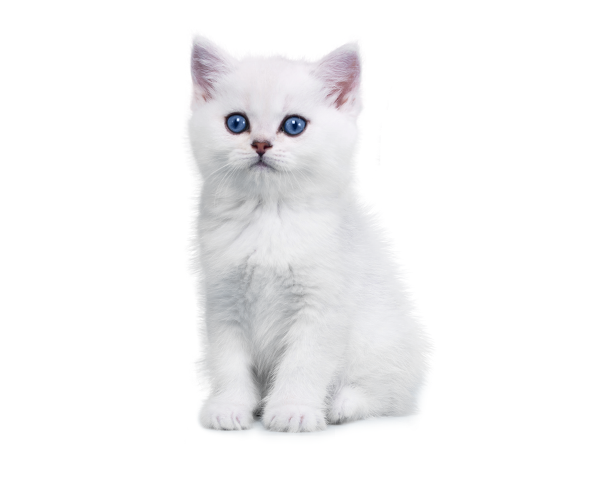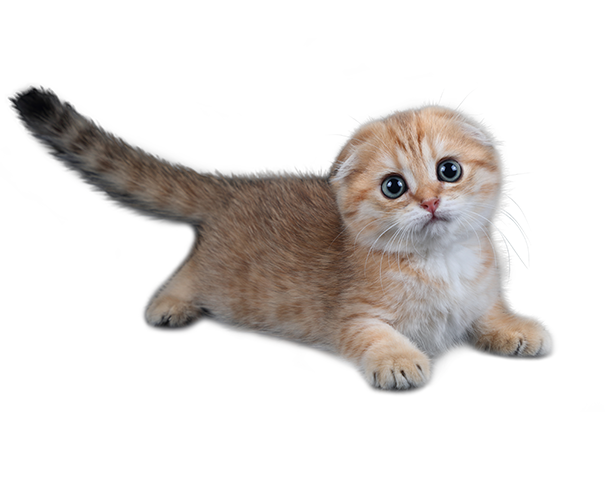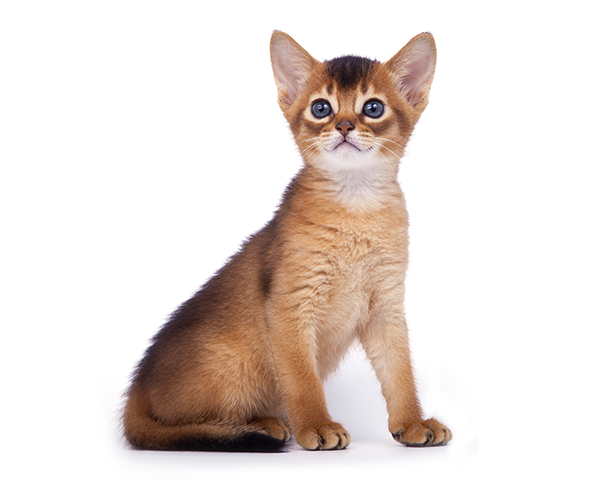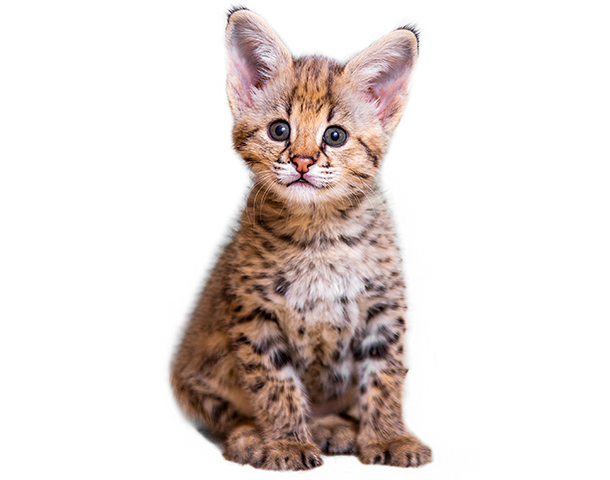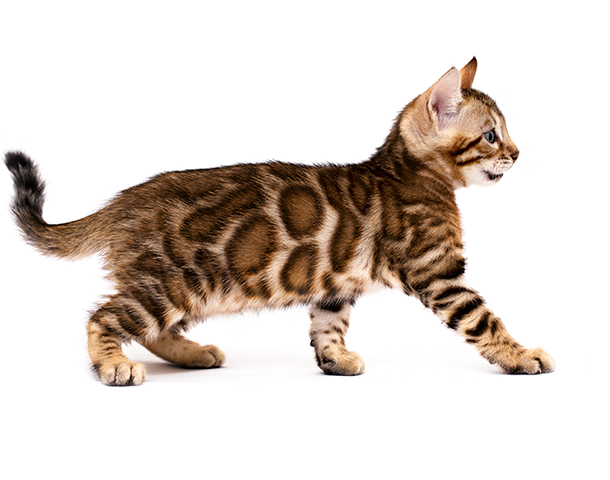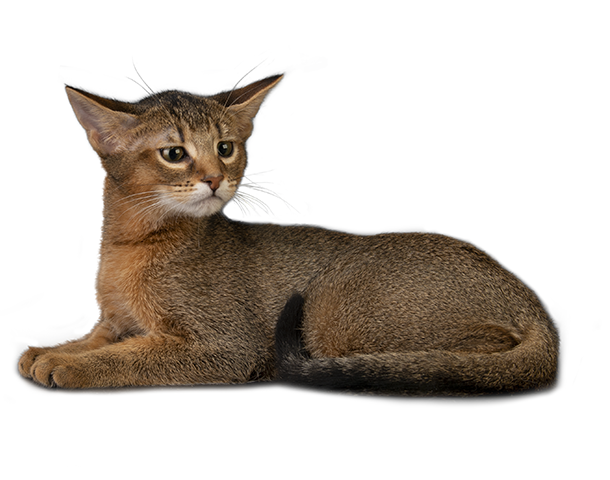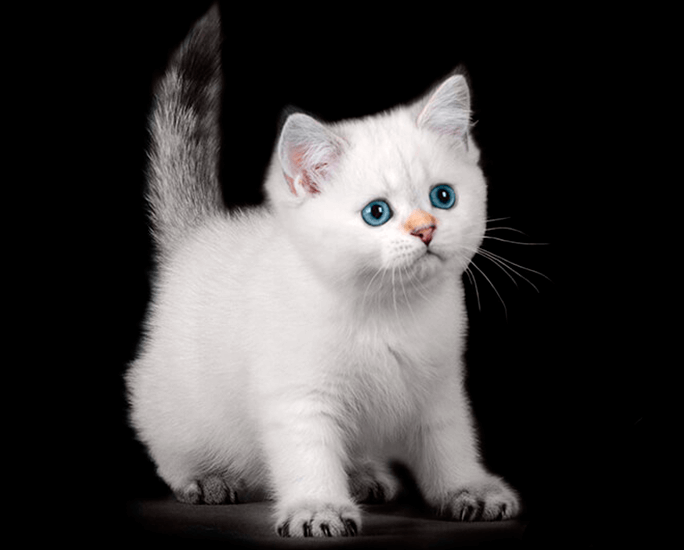The maintenance of British cats
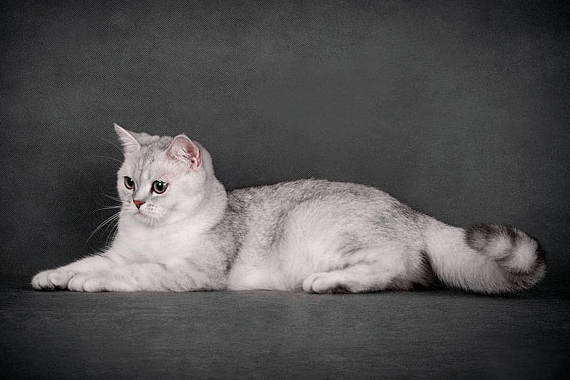
Professional breeders are often faced with the erroneous opinion that the maintenance of British kittens is within the power of everyone. This breed is quite demanding in matters of care and nutrition. The British cats are prone to obesity, which often leads to diabetes, they have problems with their teeth.
In addition, special attention should be paid to wool, as it is very thick, and eye care – they watery.
Let’s find out what else experienced breeders and veterinarians advise on how to raise a healthy British cat.
At what age is it better to take a kitten from the cattery?
Owners who are not familiar with the characteristics of the breed try to pick up a British kitten from a breeder at the age of 5-8 weeks. You should not do this, as caring for a pet at this age can be difficult. Of course, I want to watch the baby grow. However, early separation from a cat can have devastating consequences for a kitten’s health.
The right age to move into a new home is 10-12 weeks. By this time, the British kitten is no longer dependent on its mother. He received a full course of breastfeeding, so his immunity is less vulnerable.
As a rule, a kitten at 12 weeks old is already accustomed to the tray and knows how to use a scratching post. But most importantly, upon reaching the age of three months, the first vaccination against deadly diseases is carried out:
- rabies;
- chlamydia;
- panleukopenia;
- calcivirosis.
Taking an unvaccinated British kitten from a cattery is risky. In addition, in case of complications after vaccination, the problems will fall on the shoulders of the new owner, and not the breeder.
What to prepare for the baby?
British kitten care begins long before the pet moves to a new home. The future owner of the animal must prepare the house and buy everything you need.
Before picking up a cat from the cattery, to ensure its safety, you need to:
- fix sockets well;
- hide the wires lying on the floor;
- remove fragile items from the shelves so that the kitten does not break them during the games;
- put mosquito nets on the windows.
Inventory that will be needed to care for a British kitten:
- Carrier for transporting an animal.
- Tray and shovel for cleaning feces.
- Filler. It can be sawdust, clumping granular sand or silica gel. It is better to check with the breeder what kind of filler the British kitten is used to.
- Bed or house where the cat will rest.
- Dishes. You will need bowls for food and water – 2 smaller, one large.
- Scratching post.
- Toys – rubber and fluffy balls, interactive mice, sticks with feathers on the end.
In addition to inventory, you will also need tools for caring for a British kitten:
- shampoo and conditioner;
- furminator and massage mitt to remove loose hairs;
- means for daily eye care;
- ear hygiene lotion;
- cotton pads;
- nail cutter;
- cat toothpaste and brush;
- first aid kit – pipette, electronic thermometer, hydrogen peroxide or chlorhexidine solution, bandage.
The first days of a pet in the house
British kittens are distinguished by good adaptive qualities. In the new house, the baby will get used to it in about 3 days. The task of family members is to show where there is a tray, bowls of food and water, a stove bench. It is advisable to settle the pet first in one room. And when he gets used to it a little, you can give him the opportunity to inspect other rooms. At first, the kitten will hide, sniff everything. He is unlikely to want to play and respond to affection.
You need to ask the children not to frighten the pet, not to be too intrusive. When the kitten is a little comfortable, he will begin to leave the shelter to eat or go to the toilet.At such moments, you can gently stroke him, pick him up, talk in an affectionate voice. It is worth offering him a treat so that he understands that the new owner does not pose a threat.
What not to do:
- forcibly pull the kitten out of the shelter;
- seat and hold the animal in his arms against his will;
- force to play;
- squeeze, hug the kitten tightly;
- make noise.
With the advent of a pet in the house, you need to look at your feet so as not to step on it. Close the toilet lid, check the contents of the drum before using the washing machine. Residents of the apartment must close the front door, otherwise the kitten may run away.
Toilet training
Usually, breeders give away kittens that already know how to use the tray. However, if the animal was taken away too early, you will have to teach him to the toilet yourself.
To make the learning process easy and without problems, it is advisable to choose a convenient tray and filler for a British cat. The container should not be too high, otherwise it will be inconvenient for the baby to go inside. As you grow older, you can buy a new toilet with large sides so that when you dig in, the filler does not spill out onto the floor.
It is important to choose a place for the tray where the kitten can do his business without witnesses. If someone constantly walks near the toilet, the pet will prefer to relieve himself somewhere under the bed.
It is advisable to check with the breeder what kind of filler the kitten is used to, and use the same one. Many British kittens do not like to walk in scented sand, so you should give preference to odorless litter. To make the kitten accustomed to the tray faster, you need to put a napkin inside with the smell of his urine. Experienced felinologists recommend putting a small kitten in the toilet every 1.5-2 hours.
How to care for a British kitten
Keeping a shorthaired British cat will not cause much trouble to the owner. Only the eyes and ears of the pet need enhanced care.
Eye care
To care for the eyes of a kitten, cotton pads and a special solution for daily hygiene, such as “Diamond Eyes”, are used. If it is not at hand, you can wash your eyelids with warm boiled water, weak chamomile decoction or saline.
You need to take care of your eyes every day. It is advisable to accustom the cat to this from an early age, so that in the future he would normally perceive the procedure.
Before cleaning the eyes, you need to arm yourself with several cotton pads and a solution. A British kitten should be in a good mood – you should not tear him away from an exciting game. Better to wait until he sits quietly.
The pet is placed on the table or in his arms, fixed, and then wiped with a moistened sponge in the direction from the outer corner to the inner. Each side is treated with a clean cotton pad.
Normal eye discharge in British cats is light brown or clear. If greenish, brown or yellow profuse discharges are found during the examination, you need to show the kitten to the veterinarian. This indicates an inflammatory process. It is impossible to postpone a visit to the clinic, this can lead to complete or partial loss of vision.
Ear care
The owner of a British kitten should assess the condition of his ears once a week. Normally, a thin layer of sulfur is present in the external auditory canal. It resembles a light wax coating and performs a protective function. However, excess must be removed.
The procedure is carried out approximately once every 2 weeks using cotton pads soaked in lotion. If special care products are not at hand, you can use a solution of chlorhexidine. The auricle is turned out and rubbed well.
If there is a dark brown mass inside, there are scratches on the skin near the ears, and the kitten often shakes its head, you should contact your veterinarian. Such symptoms appear when infected with otodectosis.
Signs of the disease cannot be ignored, otherwise otitis media may develop. Regular care of the ears of a British kitten will help prevent infection or detect alarming symptoms in time and begin treatment.
Hair care
The thick coat of a British kitten needs good care. In short-haired pets, it does not stray into tangles, but it still needs to be combed out. They are very clean; they love to lick themselves. This is the danger – the fallen hairs enter the stomach and can cause blockage of the intestines.
The coat is combed out with a furminator and a massage brush with silicone tips. The procedure is usually carried out 2 times a week. During molting, grooming is carried out daily.
Nail care
British kittens often suffer from fungal infections of the claws, so it is important to pay attention to caring for them. It is advisable to inspect your pet’s paws once a week.
If the nails are severely exfoliated or have dark spots, it is better to contact a veterinary clinic for a diagnosis of the fungus. When the diagnosis is confirmed, the kitten will be prescribed therapeutic ointments.
Nail care involves shortening them. Even if the cat actively uses the scratching post, the claws still grow quickly. In advanced cases, they wrap and grow into the paw pads, which causes pain when walking. Once every 2 weeks, a British cat is recommended to trim its nails with a nail cutter.
Attention! Only the very tip is cut off with a length of no more than 1 mm, since further there is a living tissue in which the capillaries are located. If it is damaged, there is a risk of infection.
Dental care
British kittens rarely have cavities. However, representatives of this breed often suffer from tartar, which leads to the development of gingivitis. To avoid inflammation of the gums, a kitten is taught to brush his teeth from an early age, from about 2 months. You will need a brush for small children and toothpaste for animals, you can buy it at a veterinary pharmacy.
Cleaning is done once a week. It is very important to try to completely remove plaque. This must be done quickly and accurately. The most important thing in dental care is regularity.
If the cat has already formed tartar, then it will be removed by a veterinarian under anesthesia, since this procedure is unpleasant and rather painful.
Hygiene procedures
It is not recommended to bathe British kittens up to a year. The exception is very dirty wool. Representatives of this breed do not experience great delight from being in the water, only some washing brings pleasure. Therefore, they do not bathe often – 4-5 times a year. Most often this is done before visiting the exhibition.
To care for a thick plush coat, use only cat shampoo. To wash a cat, a little water is taken into the bath with a temperature of + 38 … + 40 degrees. Wool is wetted with a ladle or a shower hose. It is important to protect your ears from water ingress. Then shampoo is applied to a wet fur coat, lathered well, and then washed off thoroughly. If desired, you can treat the wool with conditioner to make it softer and acquire a beautiful shine.
Attention! After bathing, the kitten is wiped with a terry towel and placed in a warm place without a draft. Neglect of this recommendation can lead to hypothermia of the pet. It is better to place the bed near the radiator or dry the cat with a hairdryer so that he does not catch a cold.
Feeding
British cats are often obese. Therefore, it is important to organize a pet not only good care, but also proper nutrition. You can feed the cat with natural products or ready-made industrial feeds; each owner decides for himself.
The main thing is that the diet should be varied and include everything necessary for health – protein, fiber, vitamins and trace elements.
Natural nutrition
Some owners of British kittens prefer to feed their pets with natural food. The main product that a kitten should receive is lean meat. Its share of the daily food intake is 80%. These are rabbit meat, veal, beef, turkey loin, chicken.
British kittens are also offered offal once a week – heart, stomachs, liver.
In addition to meat, the cat menu includes:
- cereals – wheat, oatmeal, rice and buckwheat;
- vegetables – carrots, spinach, broccoli;
- eggs of quails and hens;
- fermented milk products – low-fat cottage cheese, kefir, classic yogurt;
- sea fish – no more than 1-2 times a week.
Cats should not be given bones, sausages, sausages, sweets, beans, potatoes, and salty foods. Fatty foods are strictly prohibited: pork, goose, duck and lard.
Ready feed
Most owners of British cats confirm that ready-made dry food is very convenient:
- dry granules do not spoil in a bowl; therefore, they do not cause poisoning;
- the owner does not have to figure out how to feed the pet every time;
- ready-made mixtures already contain everything you need in the right amount – protein, vitamins, fiber, amino acids.
Dry food manufacturers offer lines for picky cats, allergies, animals with sensitive digestion or suffering from various diseases. The main thing is to choose high quality food – premium or super-premium.
Raising British kittens
Representatives of this breed have high intelligence, so they are easy to train. However, it is important to consider that representatives of the British cat breed are gentle and vulnerable animals. You have to be persistent and patient. You cannot raise your voice at them, and even more so beat them. Otherwise, you can permanently lose the trust of the pet.
Important! Care and education of British kittens are inseparable concepts. The task of the owner is to establish a framework of behavior beyond which it is impossible to go. After all, the habits formed in childhood will remain in an adult pet.
To calm down a fidget who has played out, it is enough to spray him with water from a spray bottle or hit the floor with a newspaper. For obedient behavior and success in training, you need to praise the kitten and sometimes treat him with something tasty.
British kittens need not only care, but also the manifestation of love and tenderness. They are very attached to their owners and suffer if they do not pay attention to them. Therefore, it is so important to regularly play with the kitten and give him affection.
Schedule of antiparasitic treatment and vaccinations
Pets are vaccinated to prevent infectious diseases. The first vaccination is carried out at the age of 12 weeks, each subsequent – annually. It is recommended to treat cats for worms and skin parasites twice a year.
Information about the vaccinations made is entered in the veterinary passport. Without it, the animal cannot take part in exhibitions, travel and is not allowed to breed.
Many dreams of a British kitten, but not everyone understands how big a responsibility it is. The animal needs care, like a small child: it requires love, care and attention. Those who are not ready to spend their time and money on a pet should not get one.

